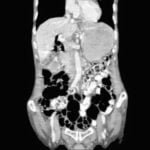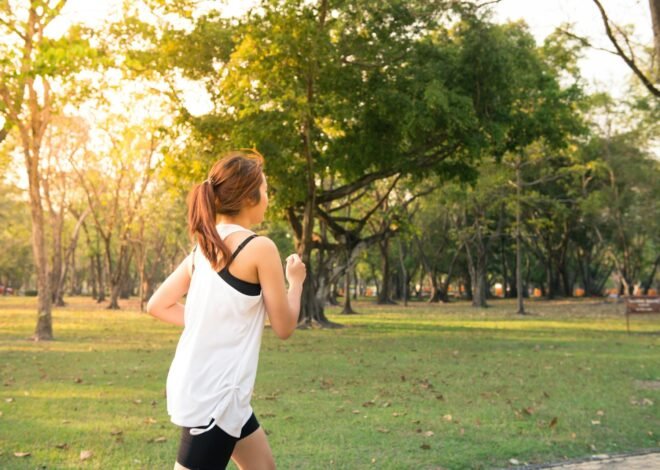TOP HEALTH BENEFITS OF TREKKING.
Contributed by
Prof of Endocrinology SKIMS Sgr.
WHO definition of health, formulated in 1948, describes health as “a state of complete physical, mental and social well-being and not merely the absence of disease or infirmity.” Here is how trekking offers all these benefits to nature lovers while they are in its lap. From the quiet moments of self-reflection to the beautiful scenery the essential benefit of trekking is facing the challenge from nature itself — physical, mental and social.
- Makes your body & mind healthy: Trekking improves cardiovascular strength, improves overall fitness and reduces stress. Spending multiple hours on the trail, climbing around boulders, rock hopping and ascending hills gives your whole body a workout, improving your strength, agility and cardio fitness. If you carry a full pack, you can burn around 600 calories per hour while trekking, which is a fantastic way to lose weight provided you are able to compliment it with healthy eating.
- Improves your social wellbeing: Trekking with other people can create lifelong friendships. While trekking, you can spend time bonding with group members, motivating and encouraging each other to keep going and persevere when times get tough. Sharing the good memories and experiences that come with trekking can also help overcome differences, promote an acceptance of different kinds of people and increase your ability to adjust and get along with others.
- Decreases your screen time: Being out in nature also means that technology and social media is inaccessible, stimulating one-on-one conversations. Thus it decreases your screen time and brings back traditional social interaction. You may very well find that the people you trek with become life-long friends after spending a week in the wilderness!
- Builds your management skills: Trekking can also benefit your management skills. When planning your trek, you may find yourself setting goals, preparing for the trekking expedition, organising your schedule, learning map reading, and learning how to adapt to change and develop your mental strength. These are all highly valued skills in the working world and can be a foundation for personal growth that may surprise you with a newfound self-confidence
- Helps to understand various cultures: Trekking gives you a unique opportunity for cultural understanding and can provide a unique insight into the ecosystems of a destination. However, the most significant benefit of trekking, I think, is getting an inner cleanse. Consuming nothing but goodness for a day or more has positive outcomes for internal health for the whole week. You get rejuvenated, you feel fantastic, and there is definite empowerment when the body goes nature way.
- Winter season is not too bad for trekkers: Though it has its challenges, winter trekking has even more benefits. During winters, mountains trails are transformed into a wonderland and are covered under the white sheet of ice. Trekking in these snow-covered trails is a dream of many adventure seekers who want to trek to enjoy the sublime beauty of nature in winters. Passing through the old forests, crossing the frozen streams and soaking in the most awe-striking views of the snow heaven are just the basic things offered by the snow treks in winters. Most people ask me how you can go to the mountains in winter when it is so cold, even here in the plains. But, first, you need to stop thinking it is so cold, and I can’t go out of my cosy bed in winter. Even a harsh winter is bearable with proper warm attire, and if you plan it properly, it is easier and more fun than trekking in summers. Word of caution, plan well before, to face any circumstances. It would help if you thoroughly researched the treks, knew your trip plan well in advance and prepared yourself for the unexpected. On a snow trek, it is necessary always to follow onion layering clothing, wear comfortable hiking boots, and carry a lightweight backpack.
- Healthy tips in winter trekking: Dehydration is common on winter treks. Therefore, before dehydration becomes a possibility, make sure you drink sip-sip water in 15-20 mins while trekking. The early symptoms, such as sweating, are hard to recognize due to cold weather and layered clothing. So follow the sip-sip mantra! And remember that food is the primary energy source on the winter treks. Please do not shy away from food; eat adequate food because one loses a lot of energy and calories while traversing the mountains on the jagged and rugged paths. You can carry protein bars, dry fruits, instant hot water meals, and snacks that will provide you with instant energy to keep you moving. Lastly, a word to Novice trekkers, please do not try winter trekking alone. There are many technicalities that one needs to adhere to during trekking in snow. Always experience such treks with a legitimate guide or an experienced high-altitude trekker. If you go alone, any casualty can occur. You might slip from a boulder, Acute Mountain sickness can hit you, or you might get an injury. The knowledge and company of a local guide will give you peace of mind while trekking.
I must conclude with what Aristotle said long ago, “to appreciate the beauty of a snowflake, it is necessary to stand out in the cold.” so guys just chill and carefully start your next trek, it is beneficial in all seasons.
View in browser :The Health Guide
Follow The Health Guide :
Join the mailing List of The Health Guide
Join the mailing list!
Get the latest articles delivered right to your inbox!





